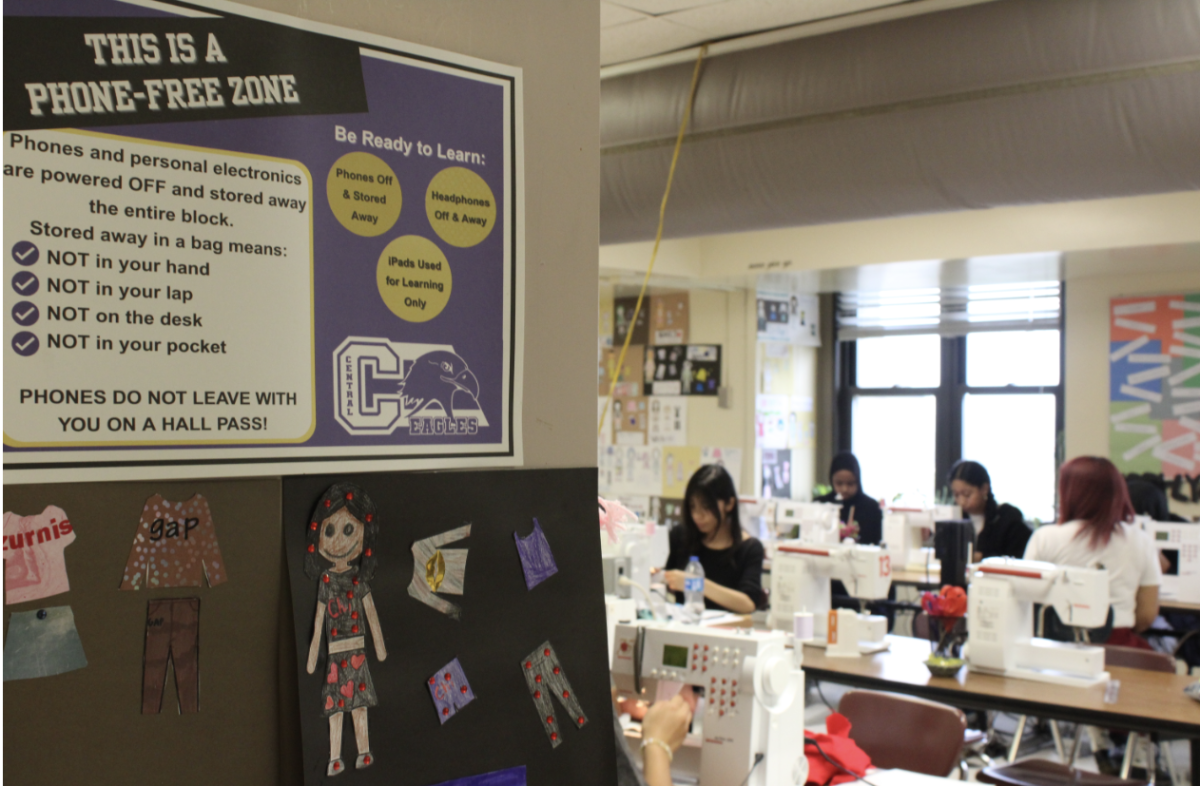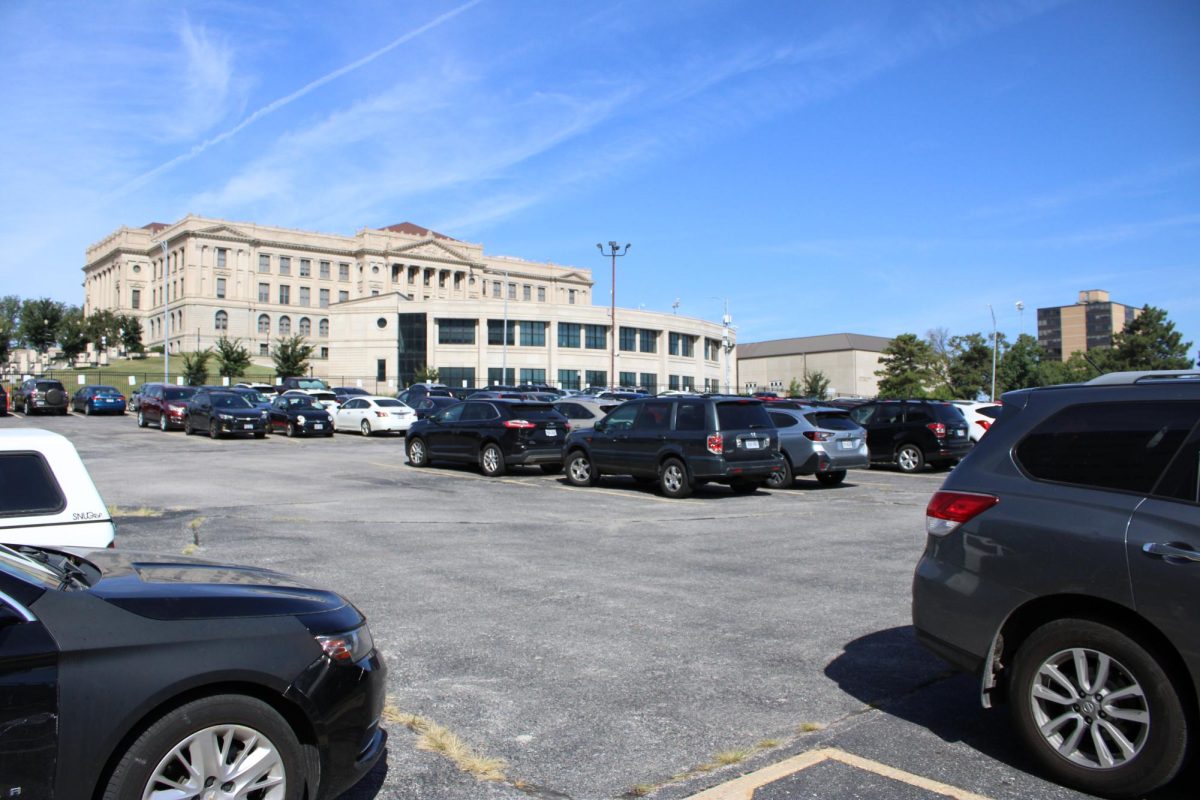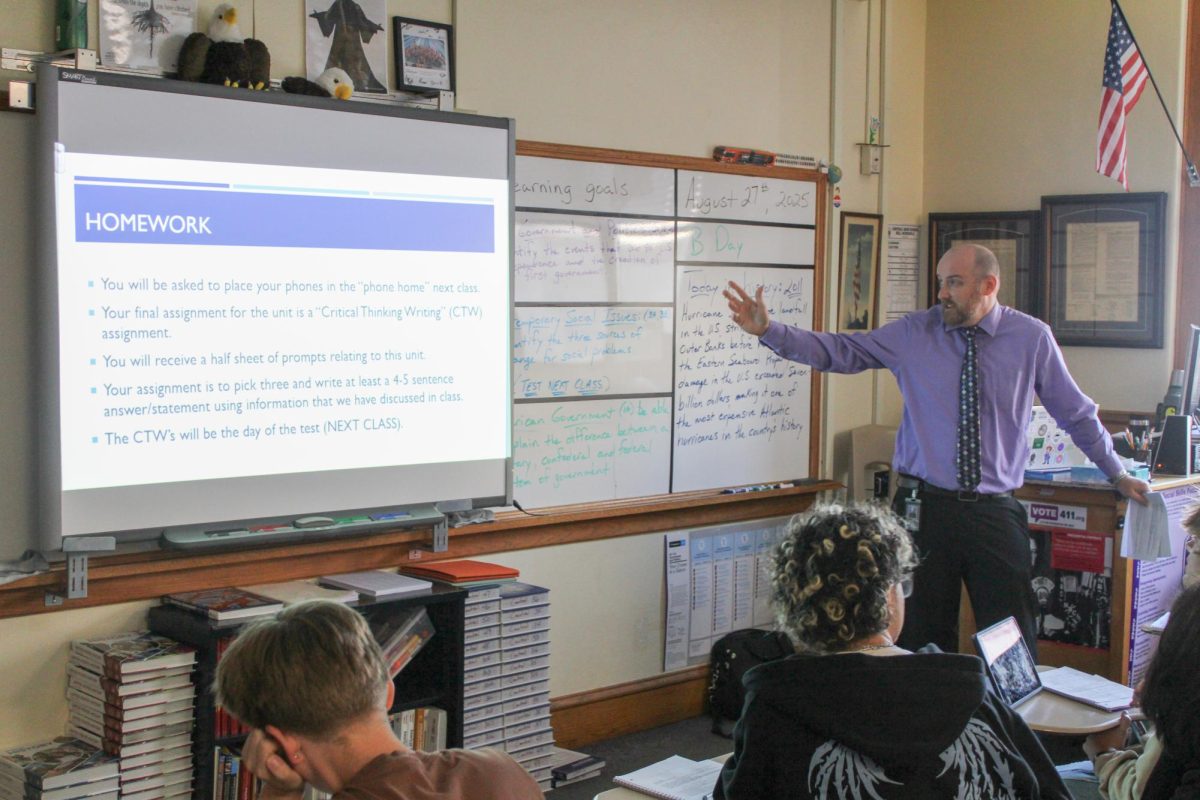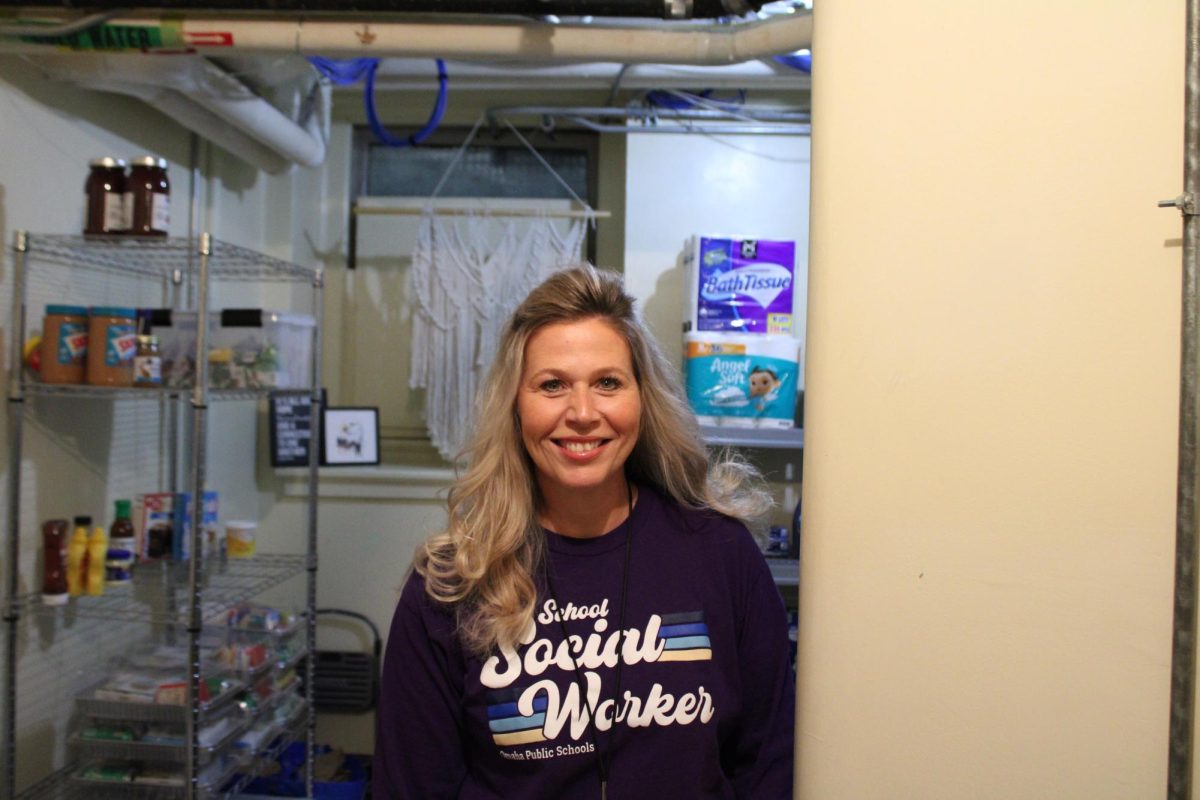During his campaign, president-elect Donald Trump often spoke of his goals to dismantle the federal Department of Education, and one concern is that students at Central and other public schools with disabilities will lose accommodations put in place to help them succeed.
Many students, families and educators have been alarmed by this prospect, as it could do considerable damage to the futures of students with disabilities.
According to the Department of Education, 17% of students in American public schools have a disability. In that group a large number of students suffer from disabilities like ADHD or dyslexia that, while hard to detect, can impact their academic performance. Many of these students are served by 504 plans and individualized education plans that provide support while allowing them to learn alongside their general education and neurotypical peers.
These programs are all funded by the federal government, so if the Department of Education is eliminated, then some are concerned so will the ability to accommodate these students.
The possibility that these supports may be lost in the coming years has sparked a lot of panic in students, teachers and parents. The department head for special education at Central, Brandy Klipfel, has received calls from parents concerned about the policy. Klipfel advised those who may be affected to expect changes, while also noting that students are protected under the Individual’s with Disabilities Education Act (IDEA).
If Trump and his allies wanted to remove these protections, IDEA would need to be repealed by Congress.
“What I believe, regardless of political party or who people voted for, I believe that most people understand that IDEA is an important piece of legislation,” Klipfel said.
There is a lot at risk for students who rely on accommodation. Students with conditions such as ADHD, dyslexia, hearing impairments or autism often struggle in a traditional learning environment, and these students need extra support to keep up with their peers. With the assistance of 504 plans and Individualized Education Programs (IEP) school can be a kinder place for these kids.
Jackson Jordan, a special education teacher at Central, worries that without these safety nets for students, the learning environment will become more hostile to those with special
needs, adopting a “pull yourself up by your bootstraps” mindset and leaving students in the dust.
“For a lot of students who struggle with these things that’s not good to hear. It makes them kind of self-implode, and say, ‘Well screw all of this stuff, now I’m definitely not going to try,’” Jordan said.
These students are also more likely to struggle with emotional regulation, and it may cause strained relationships with teachers who aren’t given the proper resources to understand the student. This can also prove to be problematic if funding for special education is lost, Jordan said. If teachers are not made aware of certain issues that may contribute to a student’s behavior, then they cannot fully grasp what triggers a student and what can help them, creating more problems for everyone involved.
“On average it’s going to be worse because these teachers aren’t being made aware of certain disabilities that maybe they didn’t even know existed,” Jordan said.





















